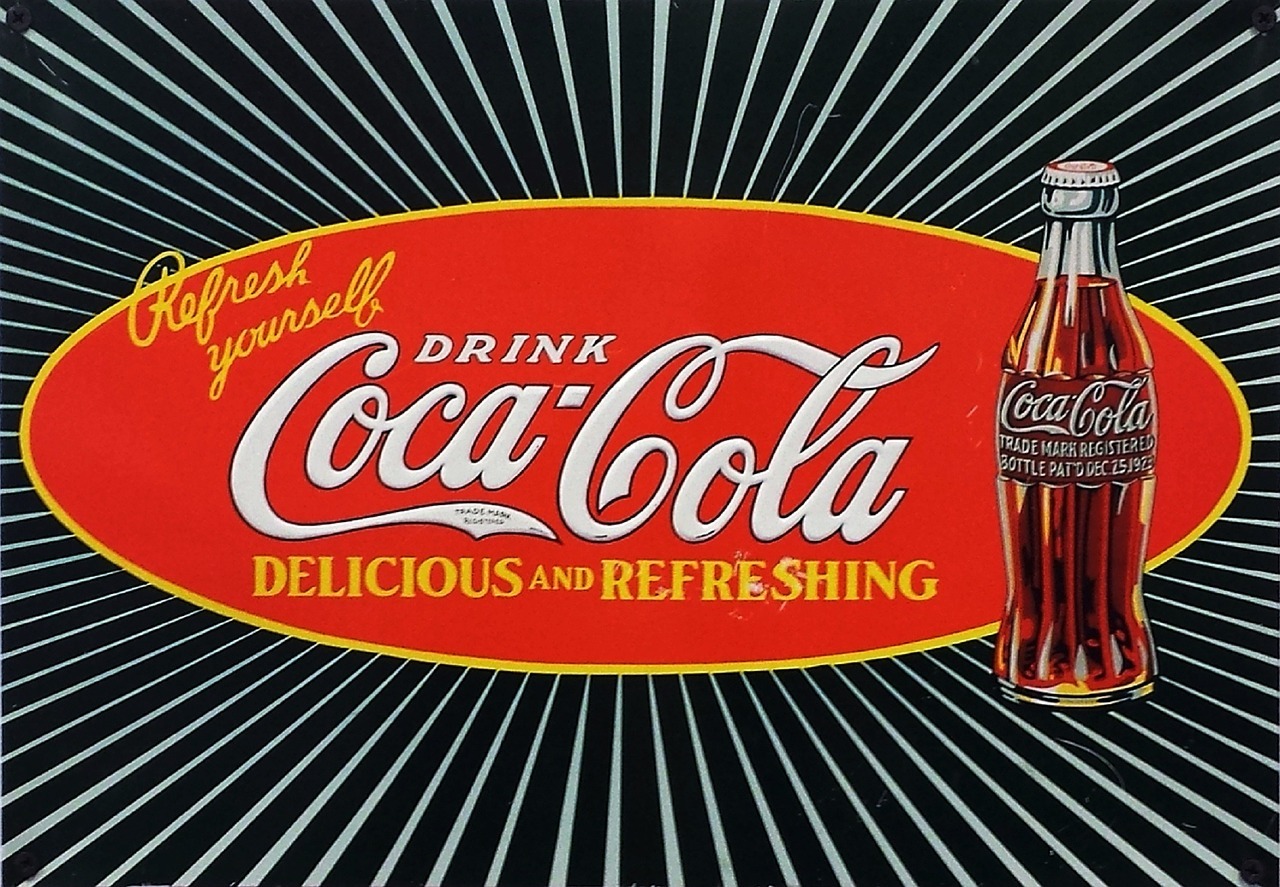Create Time 2017-05-18 10:05 Views:16548

A trademark identifies and distinguishes your brand. It can be a recognizable sign, design, name, or expression, but can also take on the form of phrases, logos, symbols, images, or a combination of these. It can also comprise of many non-standard elements, such as colors, sounds, or smells. Examples of trademarks include the Coca-Cola bottle design, the Golden Arches of McDonald's, the yellow color used in yellow pages, and the jingle used at the beginning of a particular TV program.
Trademarks can be registered. A registered trademark is designated using the ® symbol, while a filed trademark under examination is designated with TM. When you register your trademark in a country or administrative area, you gain the trademark rights of that jurisdiction.
A trademark is not the same thing as a copyright or patent.Copyrights protect original work (such as a book or a song) from unlawful use, while a registered trademark protects your brand from imitation. Patents protect original inventions while trademarks protect the invention's branding. Take a vaccuum for example: the tv advertisement is the copyright, the vaccuum design is patented, and the name of the vaccum is the trademark.
Using a business name does not automatically qualify as trademark usage. When a corporation is set up, you register with the state/provincial government. If no other business with the same name exists in that state or province, you are authorized to do business under that name. However, that authorization does not extend to the rest of the country. In the US, sole proprietorships and partnerships can operate in the same state with the same name without registration, however others could still prevent companies from using that name if they believe that a likelihood of confusion exists with their trademarks.
Trademark registration gives you the right to use usernames across various promotional platforms. For example, on Twitter, no one can use a trademark as their username if the trademark was registered beforehand. However, things could get complicated if the trademark is unregistered, and a username of the unregistered trademark already exists. If you are an owner of an unregistered trademark and want to claim that username, you would need to register the trademark first, in addition to making sure that the existing Twitter account using that name is inactive.
The trademark is an important asset for a company. As your company’s reputation grows over time, its trademark can appreciate in value, making it profitable to sell and license your trademark to other parties. As well, you have greater opportunities to expand to other industries with an established brand.
Trademarks are useful in a company’s marketing campaign. They convey your company’s reputation and culture, as well as the products and services. Having a well-recognized trademark can help build brand awareness.
Registered trademarks give you protection from possible infringement, which is unauthorized usage of a trademark by another party. In layman's terms, someone else is selling stuff that looks like your stuff, which weakens your brand power. Owners of registered trademarks can exercise their trademark rights throughout the respective jurisdictions, including suing for damages and lost profits, recovering attorney fees for enforcing their trademark rights, and building a barrier to entry around the trademark by making imitation harder for other companies. By not registering, your company is powerless to stop others from using the same trademark.
If you don’t register your trademark, someone else may, seriously impacting your chances for expansion. For example, when the Burger King franchise was founded in 1953, it was involved in a trademark dispute with an existing restaurant of the same name. Since the owners of the existing Burger King did not register their trademark with the USPTO, they could no longer do business beyond a 20-mile radius around their restaurant, while the new Burger King grew to become one of the most popular fast food restaurant chains in the world.
Without a trademark registration, you may be at risk of being sued by competitors. This could force you to close or rebrand your business. If this happens, you may lose any goodwill associated with your brand, effectively wasting the time and marketing money you've spent. Registering your trademark your company in a favorable legal position, enabling you to defend yourself.
Trademarks are also important for global markets. In many jurisdictions, including the EU and China, trademark rights are only granted upon first registering the trademark (“first-to-file”). Alibaba, the largest e-commerce platform in China, requires all traders to file trademarks in China prior to engaging in activities on its platform. Not registering your trademark could result in lost sales for your company.
Trademarks are a business must. That's why we at Witmart make it our business to get you on the trademark registration path. Visit our website to sign up for a free consultation today!
Disclaimer: This website is not intended to offer legal advice or to be a substitute for a consultation on a case-by-case basis with an attorney. The information provided above is meant for informational purposes only and may be subject to change.
© 2019 Witmart, Inc. All Rights